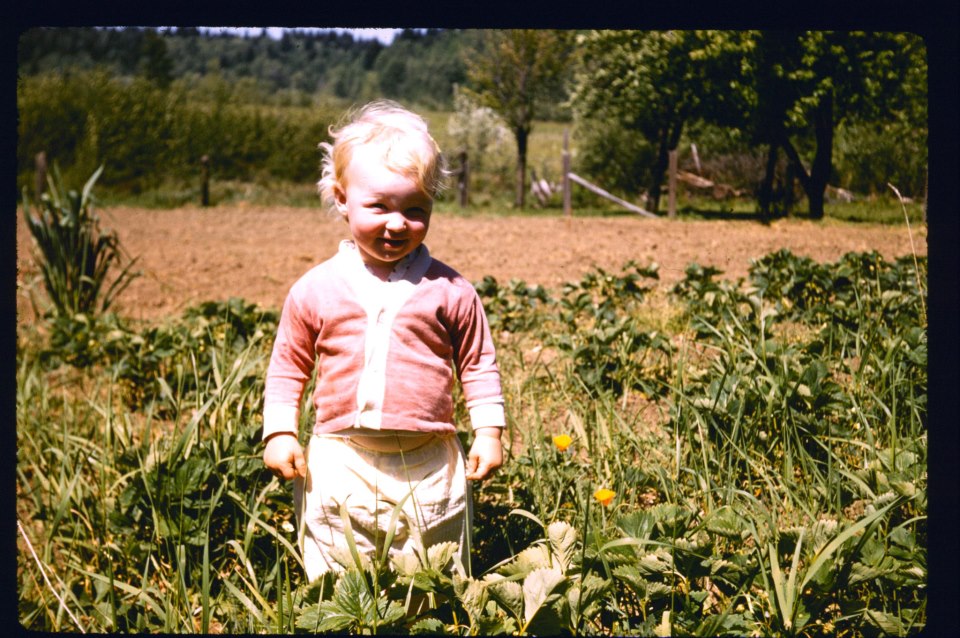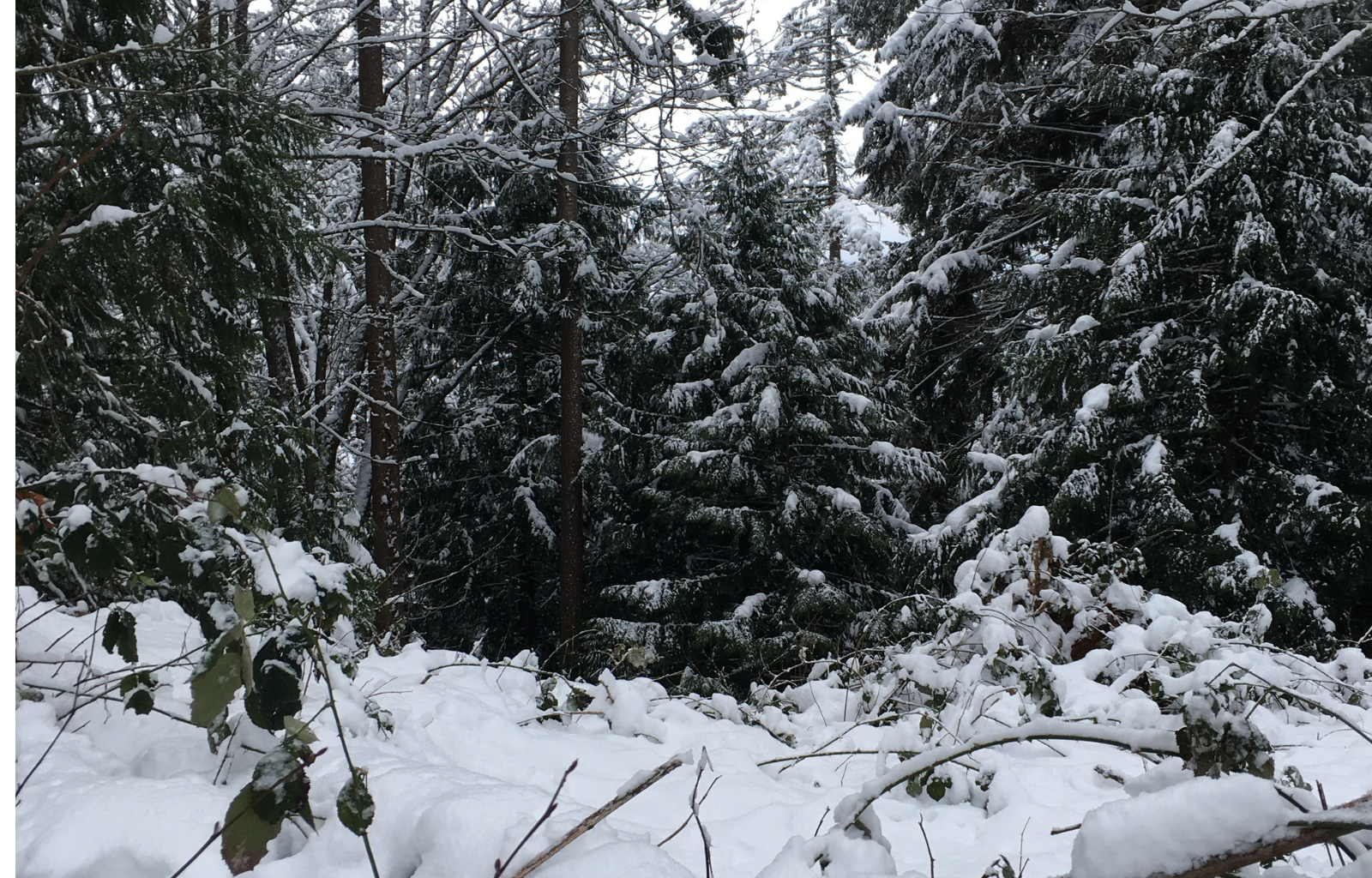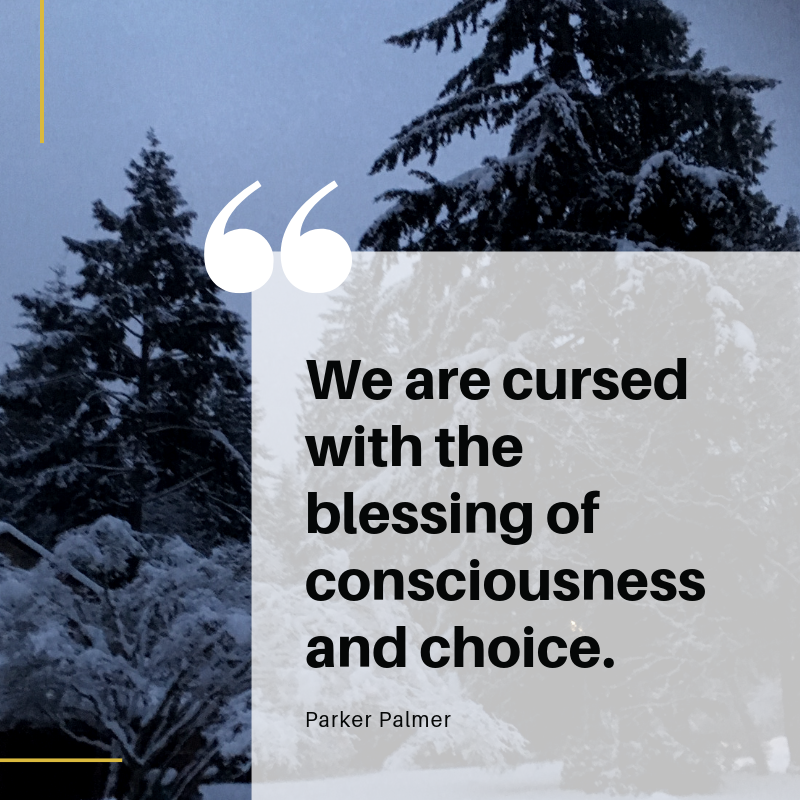What I’m Reading Now
“Don’t be afraid to experiment and take risks. Yes, you will get knocked down. You will fail. But you just have to get up again and give it another go.” –Joanna Penn
“Life can be perceived either as an inspiring challenge or a dispiriting struggle. When you perceive life as a struggle you are continually confronted with situations that overwhelm you and bring up your inner confusion and helplessness. When you allow life to be a challenge, each area of ignorance brings an opportunity for mastery.” –Laura Day
 My mom had a couple of stories about my early childhood — one was that I didn’t walk until I was 13 months old. “I thought you were retarded,” she liked to say.
My mom had a couple of stories about my early childhood — one was that I didn’t walk until I was 13 months old. “I thought you were retarded,” she liked to say.
Another story was that I wouldn’t color in my coloring book until I figured out, at age three, how to do it perfectly, without going outside the lines.
I never had a spanking until I was three — around the time my next younger sister was born. “You never needed one until then,” Mom used to say.
So here I am, 59 years later, trying once again to finish a novel…and going back to the beginning, over and over, day after day, and trying to make it perfect.
So I’m hunkering down here, trying to understand this largely unconscious pattern and bring as much awareness as I can to it. That I’m seeing it is partly due to reading (and reading and rereading) Laura Day’s chapter on inner roadblocks in The Circle, and it’s partly due to this journey that I’m on with my husband. He has some very powerful issues around money, to be brief, and these stem from his childhood. Because of his health crisis, he’s had to talk with a number of mental health professionals, and each time money and his perceived lack of it comes up, he tells again the story of being a little boy and witnessing his mother’s behavior and fear around not having enough, and he’s been told again and again that he can let that go now, to which he responds, “I can’t.”
I can see how this impairs him, how it is crippling him and how it has been distorting his thinking not just lately but for many years. I can critique it — after all, his mother always put three meals on the table, they were always housed, he and his older brother were able to attend a private college on athletic scholarships. Yes, his mother was afraid and did a lot of hand-wringing, but 70 years is a long time to cling to that story and give it such importance.
What I can’t see so well is how my internalized stories have distorted and crippled my life. But here goes. I was a farm-girl. My mother also has a story about catching me around age two or three carrying a puppy with my teeth in its nape. My brother and I used to muck out the barn for a quarter, and I pretty much loved that work. I played in mud puddles and waded creeks and rode horses. I got dirty and tore my clothes and got my hair tangled in trees.
Yes, I had a perfectionist streak and going to college and graduate school kind of fine-tuned that in me. But I also had an anti-perfectionist streak, a messy, get-your-hands-dirty streak, and raising three daughters (who are decidedly not interested in being perceived anywhere near “perfect”) and being an indifferent housekeeper and a pretty slovenly dog-owner — haven’t these “perfected” something else entirely?
My husband is, by the way, much better. He’s on some serious meds and he’s reclaiming his life. He still sees the glass as half-empty, but it doesn’t seem to be drained dry, the way it has been for two months. We’ll have to wait and see (which is a hugely imperfect process) what happens next.
And while being an imperfect wife and mother, I can choose to finish this novel and send it out on schedule (by March 14!!!). Of course I can. It just won’t be perfect.
“The soul is generous: it takes in the needs of the world. The soul is wise: it suffers without shutting down. The soul is hopeful: it engages the world in ways that keep opening our hearts. The soul is creative: it finds a path between realities that might defeat us and fantasies that are mere escapes. All we need to do is to bring down the wall that separates us from our own souls and deprives the world of the soul’s regenerative powers.” –Parker Palmer






